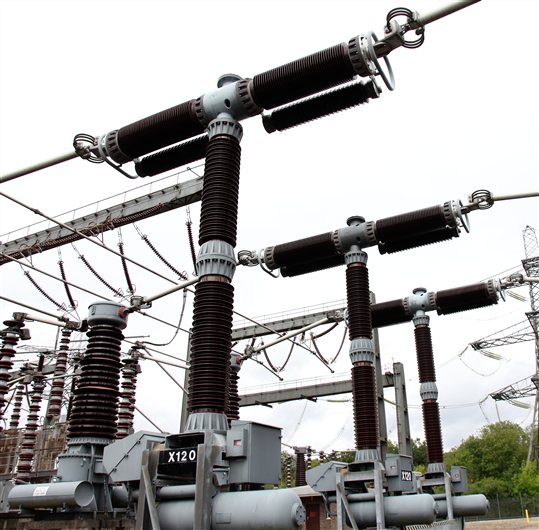Ofgem has said it is minded to drastically cut embedded benefit payments to local embedded generators as part of what it says is a bid to protect consumers and prevent market distortion.
Following proposals first revealed last year, Ofgem confirmed this morning that it is now minded to accept industry proposals to reduce embedded benefit payments from the current ~£45/kW to ~£2/kW; an astonishing reduction of 95%.
The £2/kW figure has been reached as that is the estimated cost of investing in generating capacity at grid supply points where the high voltage network meets lower voltage distribution networks.
These cuts would be phased in between 2018 and 2020, and the regulator said the changes would stand to save consumers some £7 billion – equivalent of £20 per household per year – by 2034.
Embedded benefits are payments made to small embedded generators by suppliers for helping them reduce specific transmission charges during peak times and have become significant factors in the business models of many electricity generators, particularly on-site renewables.
Parts of the costs incurred by suppliers are transferred to consumers, who also end up paying more due to transmission charges avoided by embedded generators also having to be picked up elsewhere on the network.
An impact assessment released by Ofgem claimed that some £350 million in charges is currently transferred to consumers each year through embedded benefit payments, and this could reach £650 million by 2020/21.
Ofgem also cited evidence that embedded benefits had distorted other energy markets, specifically the capacity market and wholesale energy prices, by rewarding local generators to such an extent.
25 separate proposals have been individually assessed by Ofgem and the regulator also took into account responses from a public letter last July.
But while Ofgem said it is minded to accept the proposal, it is accepting responses to the consultation until 10 April 2017 before making a final decision in May.
A potential change to embedded benefits has been mooted since the now defunct Department of Energy and Climate Change ordered Ofgem to look into the payments early last year.
Proposed changes to the system have been controversial and have attracted considerable criticism, not least from energy intensive industries which argue that their energy costs could rise by millions as a result of the changes.
In August last year the Association for Decentralised Energy called for an urgent, independent review of previous proposals claiming them to be rushed, while the potential for Ofgem not to grandfather in previously-built generators was also roundly criticised.
Despite the criticism Ofgem appears to have persevered and will not grandfather arrangements for embedded generators, having considered “that the arguments against this are stronger than the case for”.
“In particular, there are potential negative impacts of grandfathering on competition, when compared to similar options without grandfathering. Grandfathering would also prevent further changes to the charging arrangements for those network users for 15 years, reducing the ability to make future changes to these arrangements for this subset of users, and would require additional administrative efforts.
“We do not consider that a lack of grandfathering would result in unfairness to smaller EG since prudent investors know that charging arrangements are subject to change through the code governance process,” the impact assessment stated.





